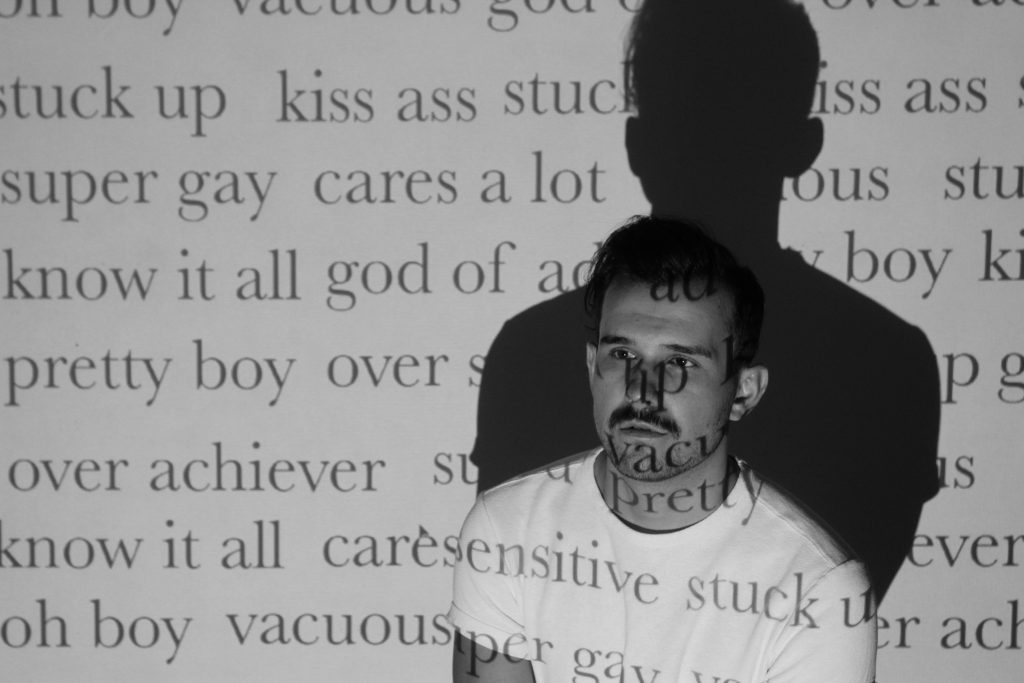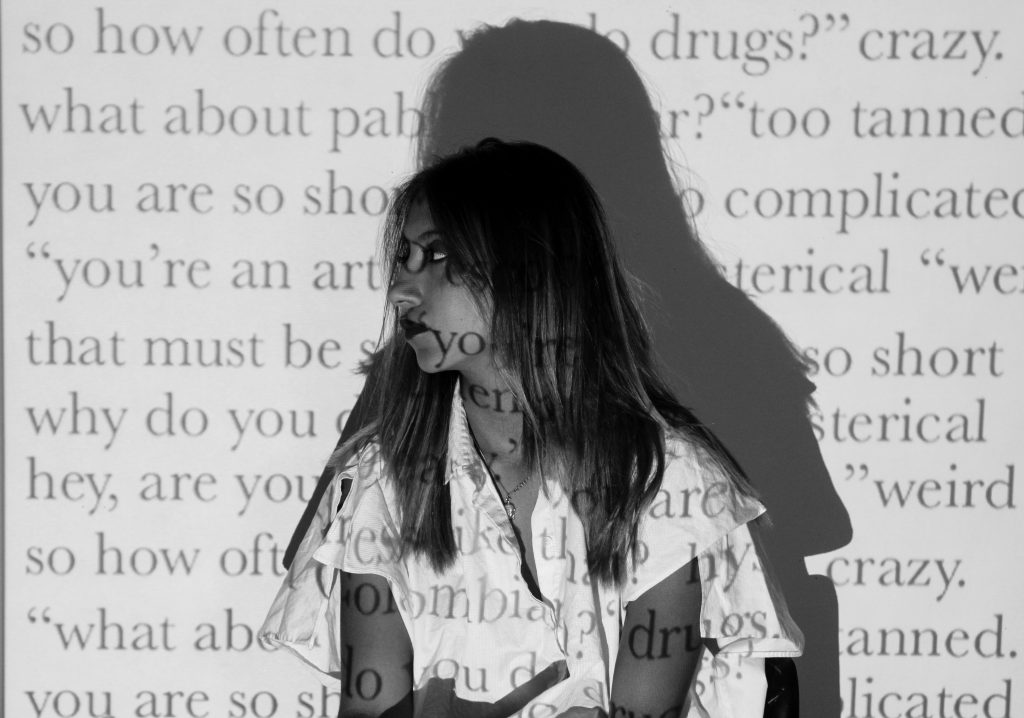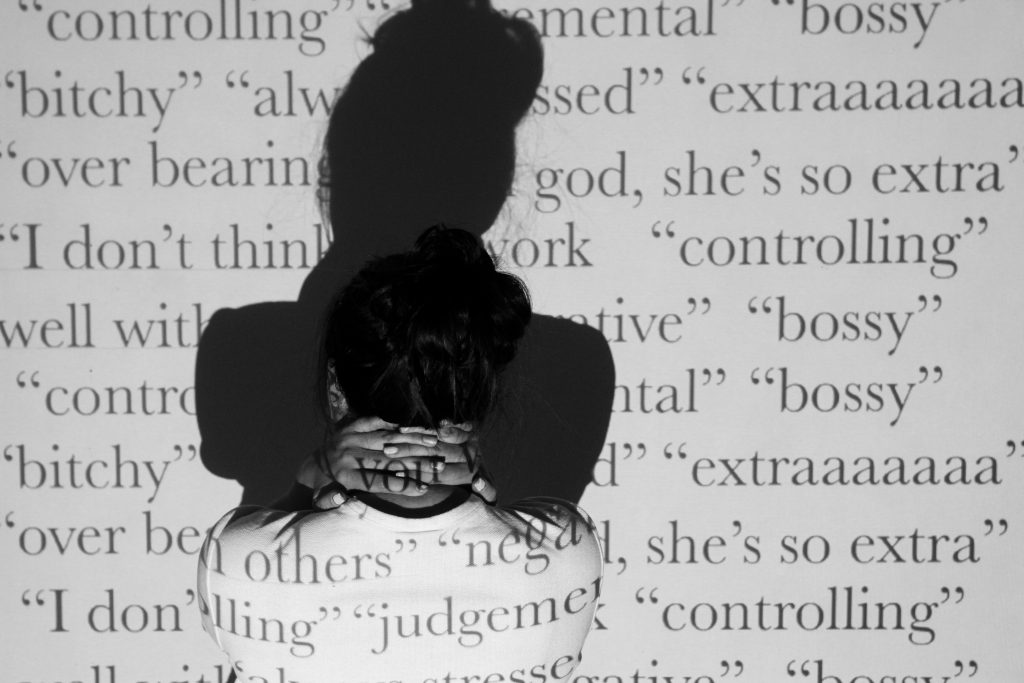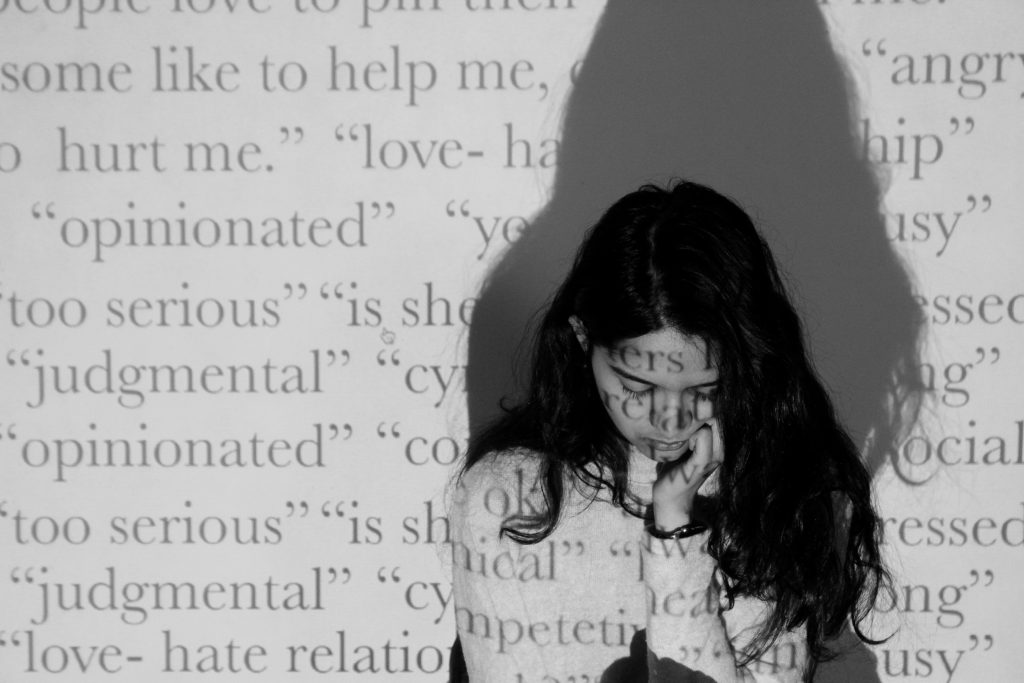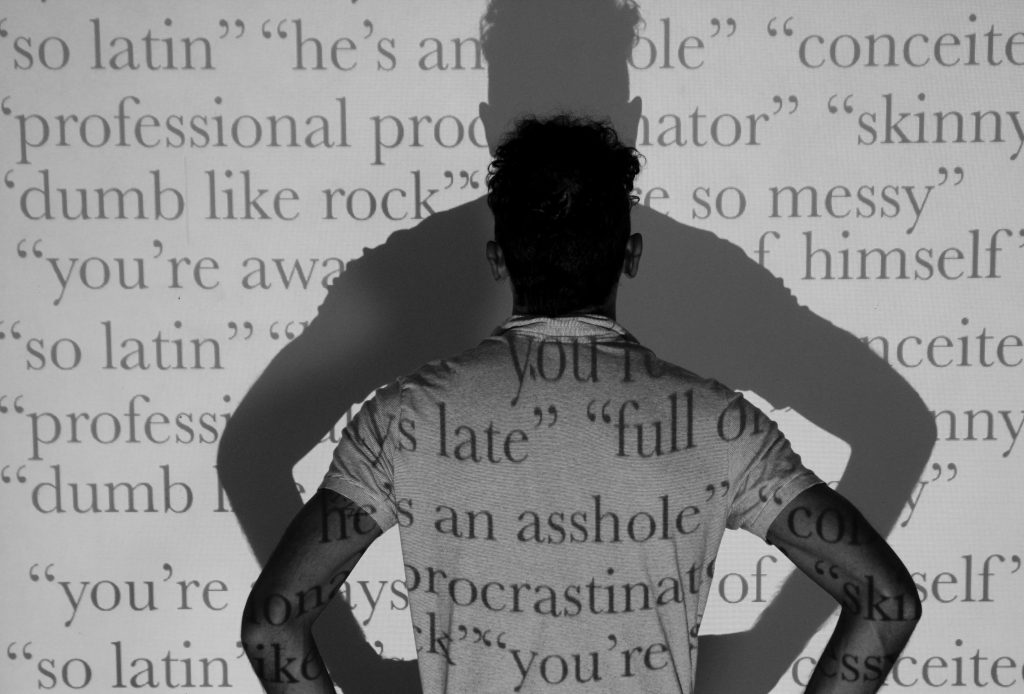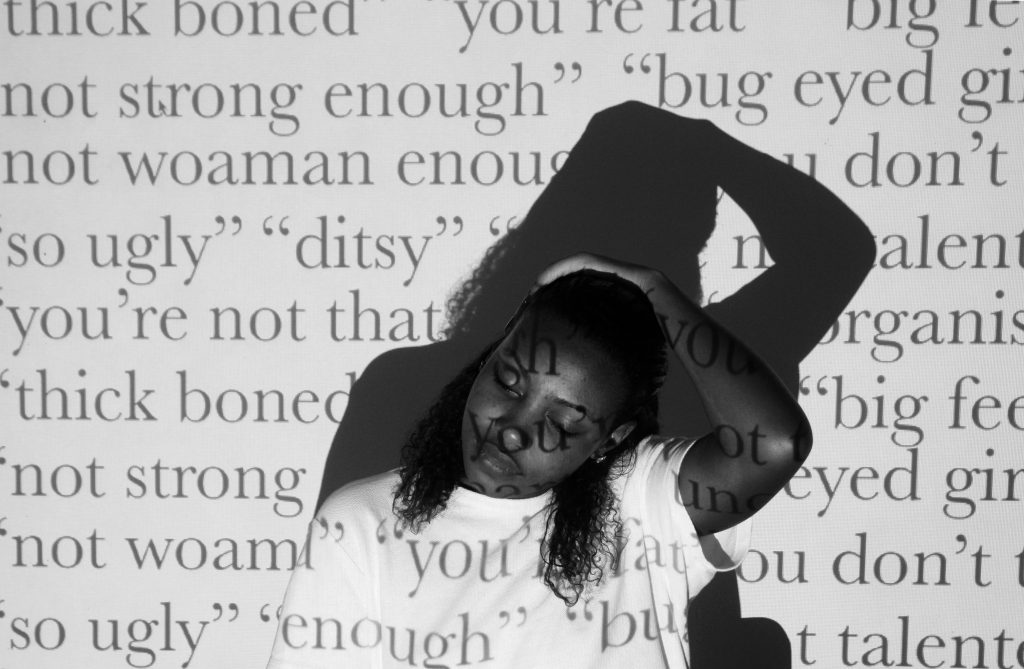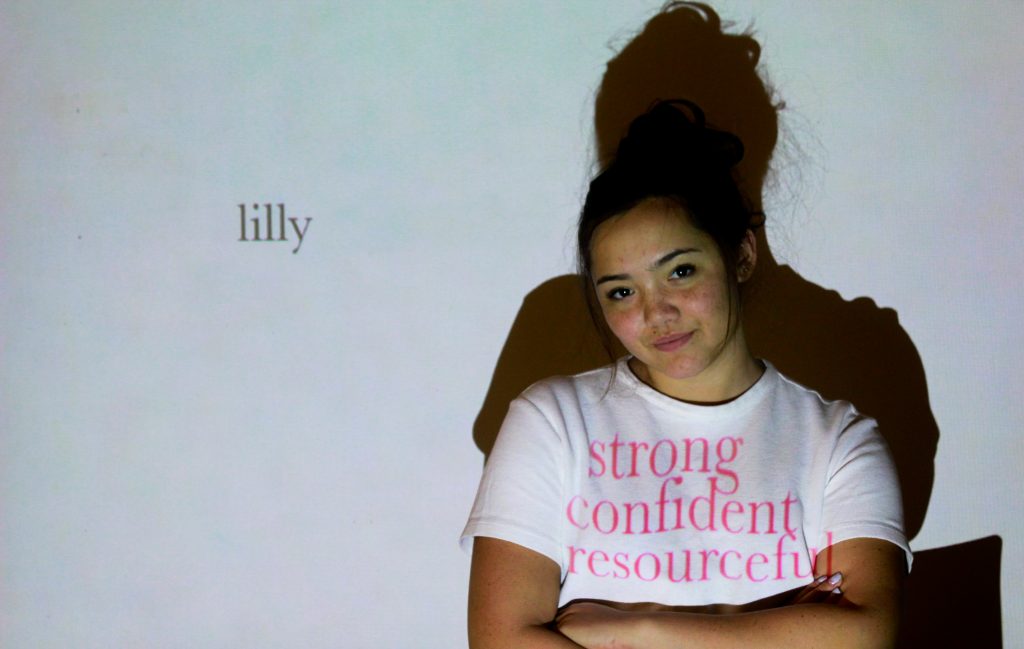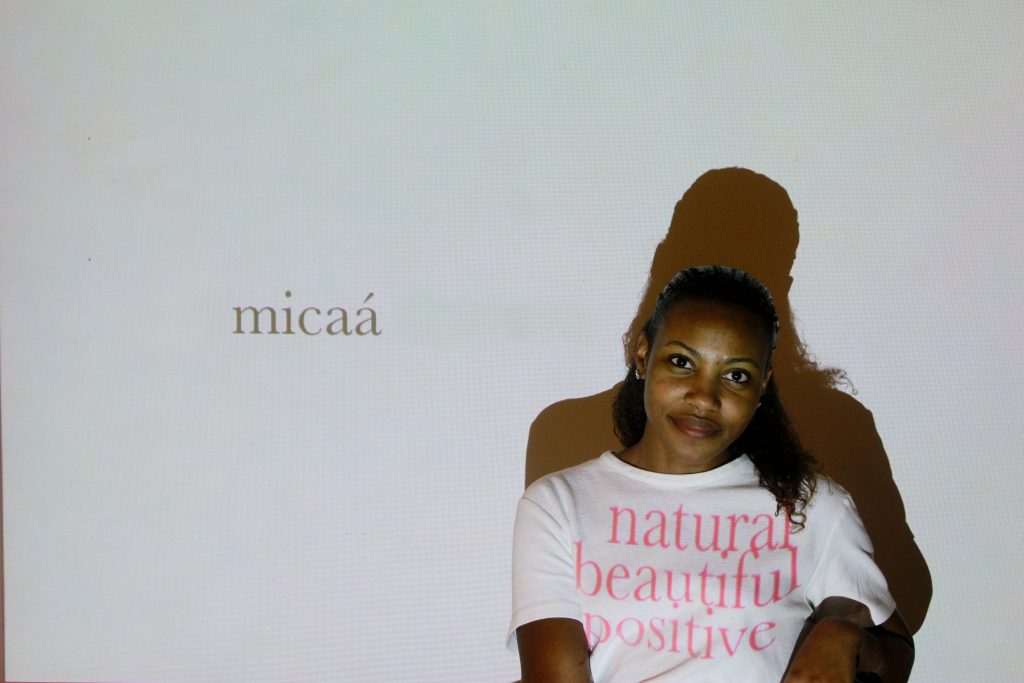Photo Essay: Stereotypes vs. self concept
This photo series centers around the public perception against one's understanding of self.
As human beings, we judge and assess people all the time. We project our opinions and ideas on those whom we like, interact with or can’t stand sometimes. But how much do these assessments and opinions affect the people they’re aimed at?
The concept for this photo series emerged from observing people in their natural habitat and their strengths, weaknesses, priorities and insecurities.
I asked a group of people to share the negative stereotypes others have of them along with three positive words they would use to describe themselves. The stark contrast in the responses I received made the narrative clearer and helped me build the story further. I learned that we tend to model our personalities based on what others think of us. Most of our lives are spent trying to convince and please others of how good we can be, to prove that we can fit in.
The stereotypes for each subject were arranged in a condensed word collage, while the three positive words were stacked in bright red. Using a projector not only as a tool for dynamic lighting and texture but mostly as a metaphor, the subjects were asked to confront their stereotypes and self-concepts individually.
The images with the projected stereotypes are black, white and grey — like the thoughts of most people around us. The subjects photographed could be anyone from anywhere. Their expressions were different, their posture changed and the way they faced the camera expressed their discomfort.
The second set of images complete the series by countering the negativity with a positive self-concept. Words like “beautiful,” “responsible,” “artistic” and “driven” are highlighted in bright red, chosen by the subjects to describe themselves. Their expressions turned more positive, confident and approachable. It was evident, that three words of encouragement are enough to erase a collage of negativity.
Stereotypes exist to engulf people all the time and this project places emphasis on one’s understanding of the self. It allows room for improvement and urges people to be easier on themselves. It matters more if your self-image is positive than what the public perception of you is.
Confronting stereotypes
Embracing positive self-concept

























